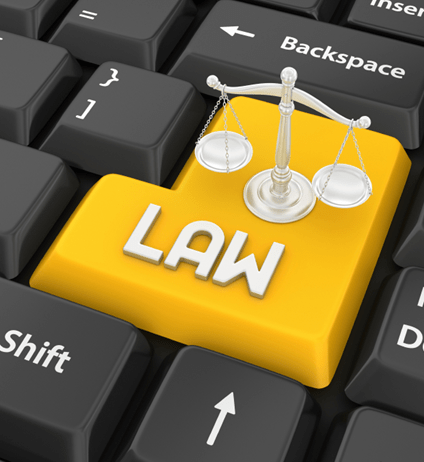ARCHIVED CONTENT
You are viewing ARCHIVED CONTENT released online between 1 April 2010 and 24 August 2018 or content that has been selectively archived and is no longer active. Content in this archive is NOT UPDATED, and links may not function.
From McGuireWoods
Often in litigation, parties faced with overbroad discovery requests and large amounts of data are tempted to produce everything that hits on search terms to the other side without looking at it, or after performing minimal searches. The idea is that this will avoid discovery battles, shift the costs of the review to the other side and bury them with data. Opposing counsel will be hard-pressed to complain, since they asked for it. Parties in this situation often consider “quick peek” or “clawback” agreements to avoid waiver of privilege. See Fed. R. Civ. P. 26(b)(2) advisory committee’s note, 2006 amendments. The quick peek process involves one party making certain requested material available to the requesting party and allowing the requesting party to review all the data within a set period of time and select the documents to be formally produced. See id. The parties agree that any privilege in this set of documents is not subject to waiver. The producing party then screens the more limited set of documents chosen for privilege and produces the documents in the usual fashion.See id. A clawback agreement is an agreement that if any privileged documents are produced, the producing party may “claw” them back without waiving the privilege.






















